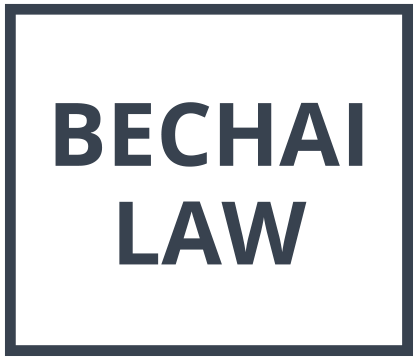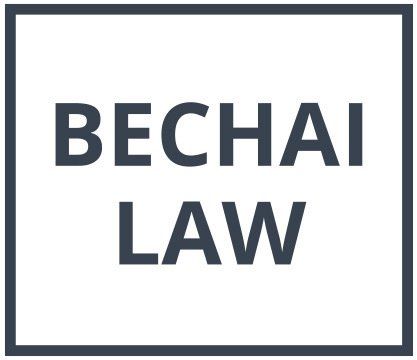What is probate?
What is Probate?
At one point in my meetings with clients, the word “probate” will get used. That’s when I notice an ever-so-slight squinting of the eyes, an almost imperceptible tilting of heads, or a faint questioning intonation.
Most of us have heard the word used, but unless we’ve been involved in the administration of an estate, we may not have a real understanding of what it means.
Probate refers to a process. Probate is the process by which a Will is deemed to be a legally valid Will.
A “probated Will” is one that has completed the probate process.
Why is probate necessary?
Following a person’s death, the Estate Trustee of the deceased’s estate will need to access the deceased’s assets to distribute them to the beneficiaries.
Let’s say the deceased held accounts at her local bank. To access these accounts, the Estate Trustee will present himself at the bank. However, the bank will correctly wonder – how can I be sure that this person is truly the Estate Trustee of the allegedly deceased accountholder’s estate? The bank will not want to be responsible for allowing someone to improperly access a client’s account.
The bank therefore wants reliable evidence that:
a) the accountholder is in fact, deceased;
b) the Will presented is a legitimate Will; and
c) the person presenting as Estate Trustee is in indeed the Estate Trustee of the deceased accountholder’s estate.
So that the bank is not required to conduct its own investigations, it will require that the Estate Trustee obtain and present a Certificate of Appointment of Estate Trustee With a Will/Without a Will from the Court (the "Certificate"). On application for a Certificate to the Court, the Estate Trustee will provide a copy of the Will (if there is one), and swear to certain facts regarding the deceased and the Estate. If the Court is satisfied with the evidence presented, it will issue a Certificate to the Estate Trustee, which the Estate Trustee can present to the bank to access the deceased’s account.
Therefore, the reliable evidence the bank seeks is the Certificate. The process of obtaining the Certificate, is called “probate”.
Note that the clerk of the court’s office charges a fee for issuing a Certificate. That fee, commonly called “probate tax” is technically called “estate administration tax”. It is a provincially levied tax. At the date of writing, Ontario’s rate of probate tax works is approximately 1.5% of the deceased’s assets that are probated under the Will above the value of $50,000 (i.e. the first $50,000 passes “tax-free”).



